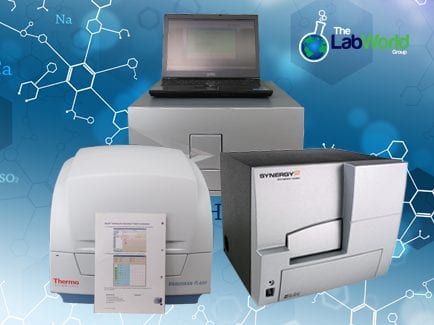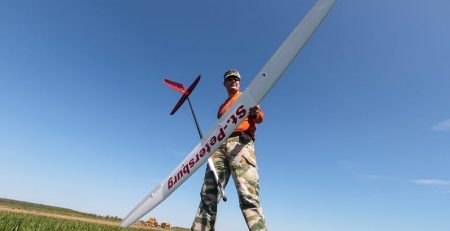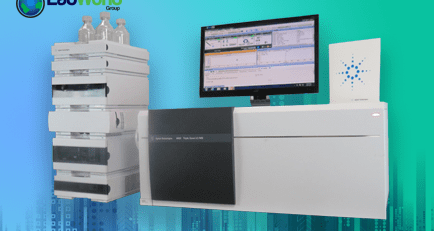Important Factors When Buying a Used Microplate Reader
Investing in used lab equipment can be a great way to stretch your dollar further, however, it’s important to research the equipment and supplier before committing to the purchase. Below are a few important factors to consider when purchasing a used microplate reader. Microplate readers – also known as plate readers or microplate photometers – are instruments that are used to detect biological, chemical or physical events of samples in microtiter plates. Therefore, one of the first specifications you should take into consideration is how many plates and plate types the reader can accommodate. For example, the BioTek Synergy H1 can handle 6- to 384-well plates, petri and cell culture dishes, and Take3 Micro-Volume plates, while the BioTek ELx808LBS only uses 96-well plates.
The reading speed and types of detection the reader is capable of is also very important. While multi-mode or multi-detection microplate readers may be becoming more popular, if the testing you’re performing only requires absorbance detection, it may not be worth investing in a higher-tech system. Reading speed is important to ensure that time spent on detection aligns with the volume of testing the lab plans on managing. The size of the reader and storability are also important to consider, primarily because safely storing the reader in a hood or biosafety cabinet allows users to maintain both personal safety and the integrity of their samples.
According to Lab Manager, 52% of microplate handler users are using microplate readers. While primarily used for research, these machines do have biotechnology and clinical/diagnostic uses as well. Lab Manager also found that durability, performance, ease of use and value for price paid for the product were the top 4 most important features or factors survey respondents were looking for in this type of product. In need of a microplate reader? Check out our available inventory of used microplate readers here. Interested in selling a used microplate reader? Contact us here.














